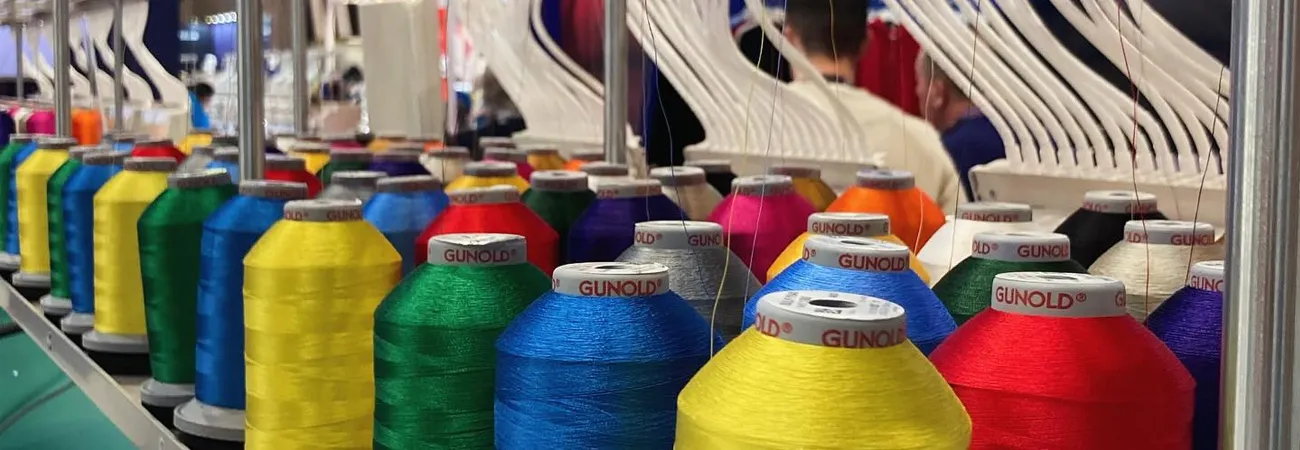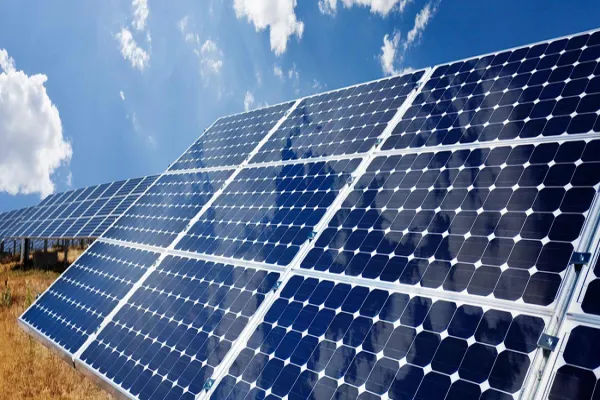i ECONOMY
Textile exporters have asked the government to take concrete measures to boost the performance of this critical sector of the economy for enhancing exports and job creation. Pakistan Textile Exporters Association’s patron-in-chief Khurram Mukhtar told WealthPK that the textile sector was facing the biggest issue of expensive energy. He said the per unit electricity rate had been increased from Rs20 per kWh to Rs43.07 per kWh, creating issues for the exporters. “The government has to improve the sales tax refunds system, which is creating a plethora of problems for the exporters by delaying their refunds,” he said. Similarly, he said the high interest rates were badly hitting the industrialisation in Pakistan, and called for reducing the key policy rate. “The cost of establishing a new industrial unit is very high amid the highest-ever policy rate, and investors tend to not take a risk,” he added. Mukhtar said that due to the tough economic conditions, the textile sector was not operating at its optimum level.
He said, “The authorities have to devise a strategy to reactivate the idle units to help boost exports and generate jobs. Without bolstering exports, we cannot battle the ballooning trade deficit.” Ahmed Ali, another textile exporter, said successive governments had failed to realise the textile sector’s potential to rid the country of the forex exchange issues and create jobs for millions. He said the governments had never given weightage to the suggestions of the textile exporters. He also blasted the government for withholding their sales tax refunds. “How can a business operate without finance? The withholding of refunds leads to financial crunch,” he said, adding that the government recently promised that halted funds of billions of rupees would be released soon, but to no avail. “We have the capacity to outclass our regional business rivals, including India, Bangladesh and Vietnam. To achieve this task, we need to have smooth supply of electricity and gas at affordable rates along with raw material. These facilities are essential components to run the textile sector,” he said.
He said without introducing export-friendly policies with inputs from stakeholders and ensuring consistency of policies, Pakistan could not achieve a sustainable and inclusive economic growth. He said efforts should be made to ensure the rupee-dollar parity, which is badly hitting the export sector. “As demand for textile products is increasing in the international market, we must seize this opportunity by making our products competitive.” He also urged the government to immediately ban the export of raw fabric as it would neither benefit the textile sector nor the national kitty. “We must export the fabric after adding some value to it,” he added. Ameen Ahmed, a junkyard owner, told WealthPK that scores of power loom owners had sold their machines citing rising expenditures of gas, electricity and raw material. “In the past, when the power looms sector was thriving, we benefited from purchasing its scrap. However, now the situation is different as the unit owners are selling machines forced by tough economic conditions,” he said.
Credit: Independent News Pakistan









